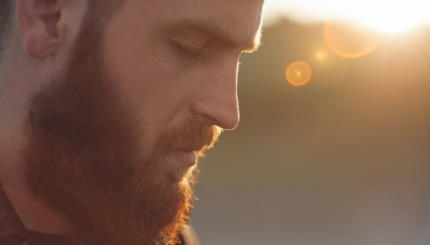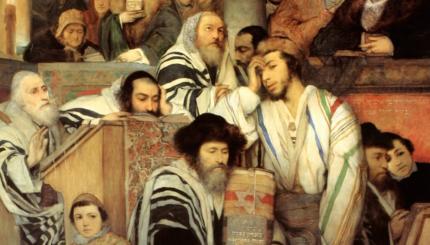Although he has now healed into death, I prayed for the recovery of my rebbe, Rabbi Zalman Schachter-Shalomi, z”l, for many weeks this summer, folding into my daily practice a prolonged chant of Moses’s plea on behalf of leprous Miriam: Ana, El, na, refa na la. Please, God, please heal her.
Just a few months ago I was with Reb Zalman as he chanted the morning liturgy accompanied by whirling Sufi Dervishes, this, in itself, an ecumenitical healing. Now, as I mourn and review what my teacher has taught me, I recall my own first experience collaborating in prayer across religious modalities and dogmas.
It was the second week of my residency in interfaith hospital chaplaincy, and looking over my shoulder as I scanned my patient census, our department chair noticed a patient had identified as a member of the Church of Christ. She offhandedly pointed to this patient name and said: “You’ll want to pray in the name of Jesus Christ.” I probably blanched visibly, most definitely not wanting to pray in the name of Jesus Christ, wondering what I was to do if this was the expectation?
I headed to the neuroskeletal surgery unit with trepidation.
There, I visited with Ruth, recovering from numerous spinal fusions. When I asked about her experience, she explained, smiling: “Jesus is filling in my cracks!” This reminded me of a story the Integrative Medicine doctor Rachel Naomi Remen tells about her final therapeutic session with an oncology patient wherein she returned to the patient a picture he’d drawn at their first meeting, of himself as a broken vessel. She asked if, now, these many months later, he’d like to emend the drawing in any way. The patient picked up a yellow crayon and drew rays of light pouring out of the cracks.
My patient was deeply moved by this story and we spoke of what it is to be filled with supernal light, and how that seems even more possible when one is broken open. Ruth said that when we’re sick we need a healing God and I saw that she was able to visualize God healing her as God filled her with Presence.
Then Ruth told me she’d never met a Jew, and asked if I spoke Hebrew. Could I pray in Hebrew? I said yes, and that we could pray Moses’ biblical words of supplication when his sister Miriam was so very sick. Oh yes, she would like that, and could I hold her hand?
So I chanted Ana El Na in the late Rabbi Aryeh Hirschfield’s haunting melody… And in the intervals where I was accustomed to hear members of the community intone names of those in need of healing, Ruth began to murmur and then call out: I see you, Jesus. Thank you Jesus. Thank you, Baby Jesus!
I smiled to myself. Here we were, collaboratively praying in the name of Jesus Christ and I had not sublimated my identity or compromised my theology. Rather, Ruth’s completion of my prayer to her own satisfaction had deepened my part in the mitzvah of healing the world.
Ana El Na, Aryeh Hirschfield, as sung by Hannah Dresner
mitzvah
Pronounced: MITZ-vuh or meetz-VAH, Origin: Hebrew, commandment, also used to mean good deed.



